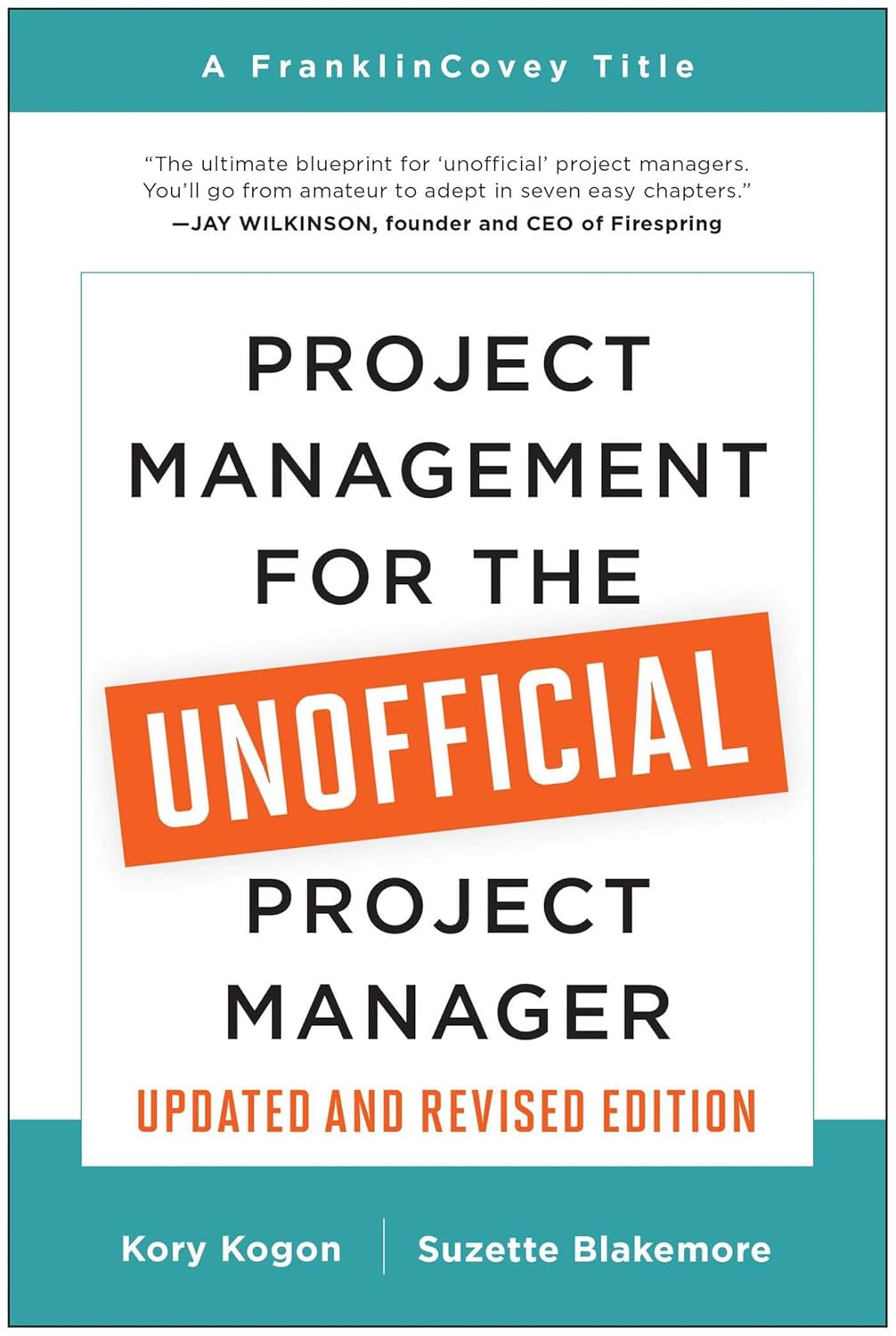
Project Lead
What is a Project Lead?
A project lead is a person responsible for overseeing the daily execution of a specific project. They guide the project team, manage workflows, and ensure tasks are completed on time and within scope. Unlike a project manager, who focuses on broader planning, budgeting, and stakeholder communication, a project lead works more closely with team members to coordinate efforts and resolve operational issues. This role often serves as the direct link between the team and upper management, translating strategic goals into actionable tasks.
In many organizations, a project lead may not have full authority over resources or budgets, but they play a crucial role in keeping the project on track. Their responsibilities often include task delegation, progress tracking, quality assurance, and team motivation. A project lead must have strong leadership, communication, and problem-solving skills to navigate challenges and align team members.
Key Points
- Acts as the primary contact for day-to-day project execution.
- Works closely with team members to assign and oversee tasks.
- Coordinates with project managers or stakeholders to report progress.
- Ensures team members meet deadlines and follow project guidelines.
- May mentor team members and resolve conflicts during the project lifecycle.
Related Terms
- A project manager is responsible for overall planning, budgeting, and delivery, whereas the project lead focuses on execution.
- A team leader performs a similar role to a project lead but may operate within a more permanent team structure rather than a project-specific context.
- The project manager often creates a work breakdown structure (WBS), but the lead uses it to assign and monitor tasks.
- The project lead provides updates and assures stakeholders that project objectives are being met.
Project Lead: Example
The project manager sets a software development project’s overall timeline and budget. The lead, meanwhile, ensures that the developers, testers, and designers are working on the correct features, attending daily meetings, and addressing any technical blockers. They monitor progress using task management tools and report to the manager on the team’s performance and challenges.
Project Lead: Best Practices
- Maintain clear and frequent communication with both the team and upper management.
- Use project tracking tools to monitor task completion and adjust timelines as needed.
- Support team members by removing roadblocks and fostering collaboration.
- Stay focused on the project goals while managing day-to-day details.
- Build trust by being approachable, consistent, and accountable.
Additional Resources
Preparing for a PMI certification?
- Exam Prep Courses: PMP®, CAPM®, and PMI-ACP®
- Exam Simulators: PMP®, CAPM®, PMI-ACP®, PMI-PBA®, PMI-RMP®, PMI-SP®, PgMP®, and PfMP®
- Professional Development Units (PDUs): 15, 30, and 60 PDU Bundles




